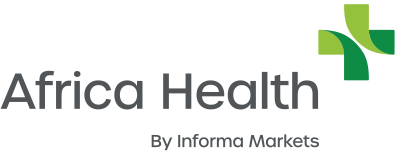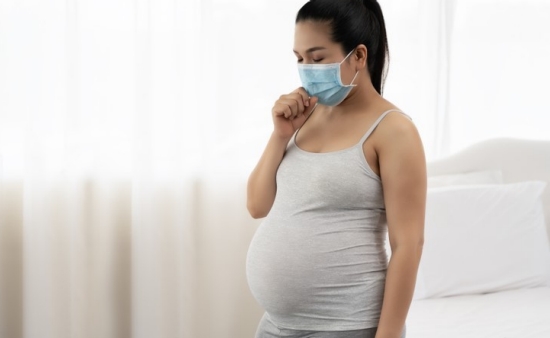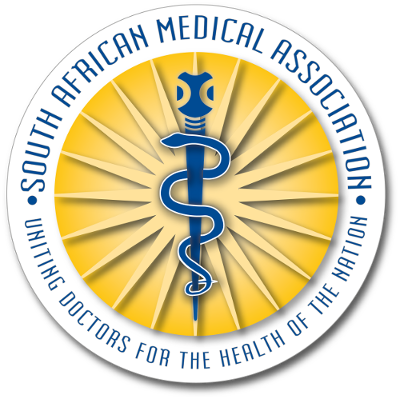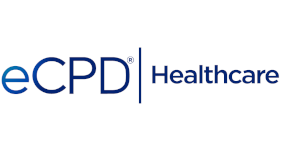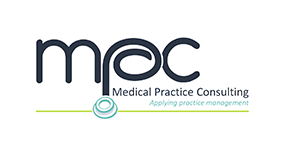Tuberculosis & HIV in pregnancy – A concerning state of affairs
Tuberculosis, historically one of the most significant global public health concerns, remains an infection of concern, especially during pregnancy.
The WHO reports that 3.3 million women were infected with TB in 2020[i]. Responsible for over half a million deaths each year, TB is thought to be a major factor contributing to concerning rates of perinatal and maternal morbidity in Africa[ii].
People living with conditions that impair the immune system - like HIV – are at a higher risk of developing an active case of TB[iii].
One study found that HIV-infected women may be twice as likely to contract TB (1–11% prevalence, compared to 0.06–0.53%)[iv]. The immunological changes associated with pregnancy could render mothers-to-be more vulnerable to either new or latent persisting TB infections.
One study from 2016 found that TB prevalence among HIV- infected women at a Cape Town hospital sat at over 70% and, despite widespread availability, only 64% of pregnant women with both TB and HIV were using ART drugs[v]. Furthermore, among respondents tested in the study, only women with both TB and HIV displayed severe TB manifestations such as TB meningitis TB pericarditis,
abdominal TB and bacteraemia[vi]. More research is needed to ascertain whether this is primarily because of the
immunosuppression associated with HIV infection, or whether it has more to do with the immunological changes during pregnancy.
Dr Coceka Mnyani is a leading authority on Tuberculosis & HIV in pregnancy within the African context and has contributed extensively to the most respected peer-reviewed medical academic journals. He says that TB and HIV are of concern for mothers and infants alike, as both HIV and TB could be transmitted from mother to infant during pregnancy, childbirth of breastfeeding[vii].
He stresses the importance of seeking testing if mothers are concerned about symptoms and commence treatment regimens under guidance from their HCWs. He reminds mothers-to-be that the drugs used to treat TB, as well as the publicly available
ARTs for HIV will not hinder safe birthing, or breastfeeding, and will not negatively impact foetus or baby in any stage of pregnancy[viii].
These and other crucial obstetrics topics are among the issues up for discussion at the Medical Obstetrics Conference happening at this year’s Africa Health Exhibition in Johannesburg this October, where Dr Mnyani will host the first session, titled ‘Community Obstetrics’.
In the afternoon Mnyani will deliver a much-anticipated talk on the current state of Tuberculosis & HIV in pregnancy on the continent, followed at the end of the session by an interactive Q&A discussion, in which he and other renowned obstetricians like Dr Shastra Bhoora, Dr Fetolang Simelela and Dr Vuyelwa Baba will field queries from attendees and trade associates.
Studies have suggested a persistently high prevalence of TB among Africa’s pregnant women, that current TB screening methods may be inadequate, and that enhanced TB screening algorithms could improve TB detection, which is crucial for HIV-positive pregnant women, Mnyani says.
Solutions to improve maternal and infant health outcomes that the experts are expected to address include interventions around better screening diagnosis and treatment of TB for Africa’s pregnant women[ix], including proactive TB screening protocols for pregnant women; TB preventative therapy for pregnant women living with HIV, better quality treatment for active TB cases; and helping mothers and children to access existing TB care services[x].
Diagnosis of TB during pregnancy and the postpartum period requires a high level of clinical awareness on the part of obstetricians and HCWs[xi]. Better reporting and monitoring could improve estimates of the disease burden associated with TB and HIV in pregnancy and inform state and facility guidelines[xii]. This in turn will assist in finding the cases that currently slip through the system undiagnosed, thus improving healthcare outcomes for mothers and their babies.
ABOUT AFRICA HEALTH
- Africa Health is organised by the Informa Markets’ Global Healthcare Group. It takes place at Gallagher Estate in Gauteng (South Africa) between 26 and 28 October 2022.
- The event will host 12 CPD accredited conferences that are aimed at bridging the gap in medical knowledge by providing the very latest insights into cutting-edge procedures,
techniques, and skills. - For more information, visit https://www.africahealthexhibition.com/en/home.html
- Media queries and requests for attendance accreditation can be addressed to Martin Slabbert on 079 500 1503 or [email protected]
Issued by HWB Communications Pty Ltd on behalf of Africa Health.
[i] https://www.who.int/news-room/fact-sheets/detail/tuberculosis
[ii] https://obgyn.onlinelibrary.wiley.com/doi/abs/10.1111/j.1471-0528.2010.02771.
[iii] https://www.who.int/news-room/fact-sheets/detail/tuberculosis
[iv] https://www.ncbi.nlm.nih.gov/pmc/articles/PMC5094729/
[v] https://www.ncbi.nlm.nih.gov/pmc/articles/PMC5094729/
[vi] TB pericarditis, abdominal TB and bacteraemia.
[vii] https://www.acog.org/womens-health/faqs/hiv-and-pregnancy
[viii] https://www.hiv.gov/hiv-basics/hiv-prevention/reducing-mother-to-child-risk/preventing-mother-to-child-transmission-of-hiv
[ix] https://www.ncbi.nlm.nih.gov/pmc/articles/PMC7316435/
[x] https://obgyn.onlinelibrary.wiley.com/doi/full/10.1111/j.1471-0528.2010.02771.x
[xi] https://www.ncbi.nlm.nih.gov/pmc/articles/PMC5094729/
[xii] https://www.ncbi.nlm.nih.gov/pmc/articles/PMC5094729/
